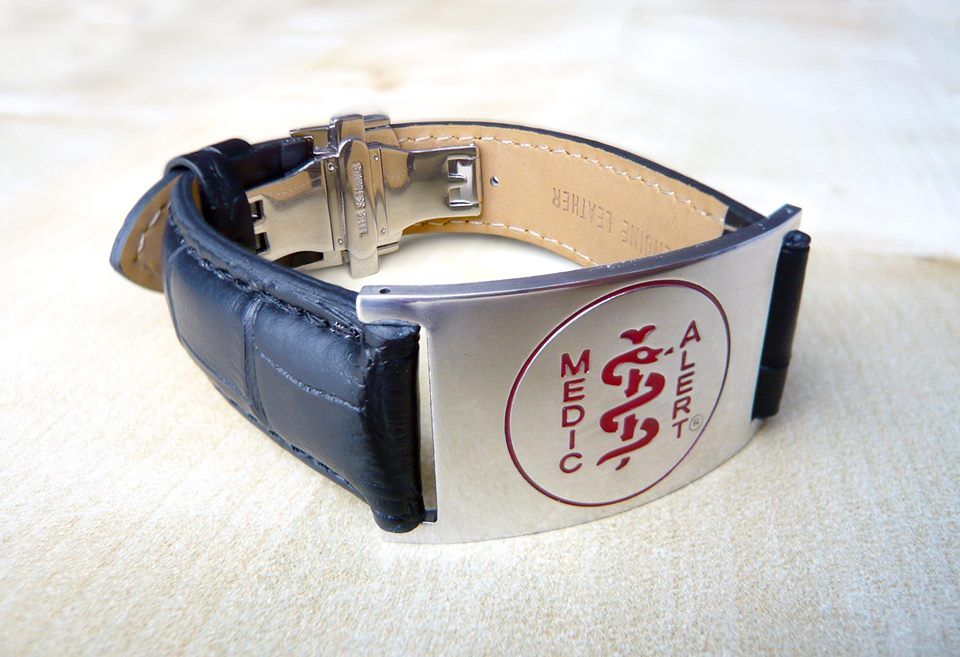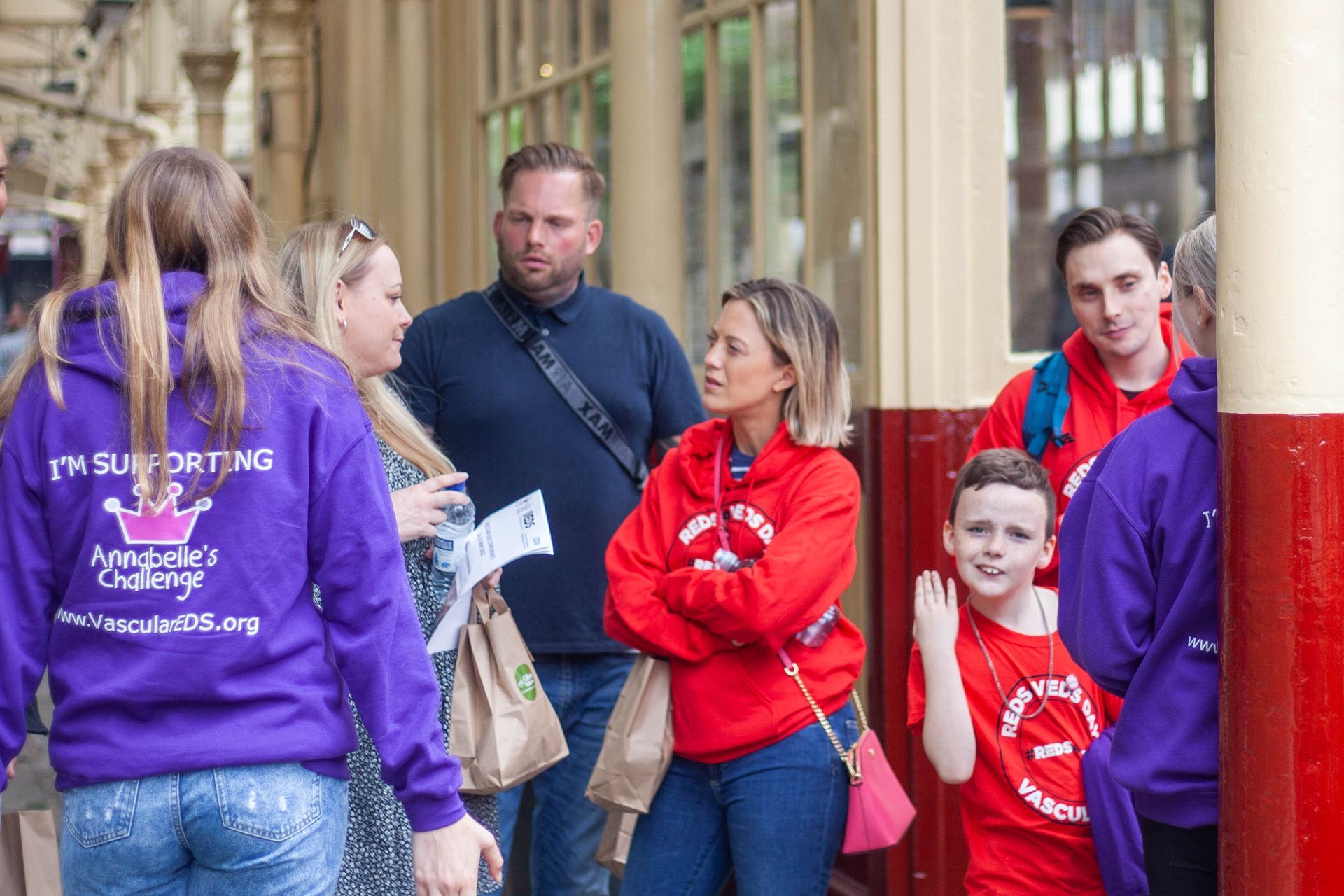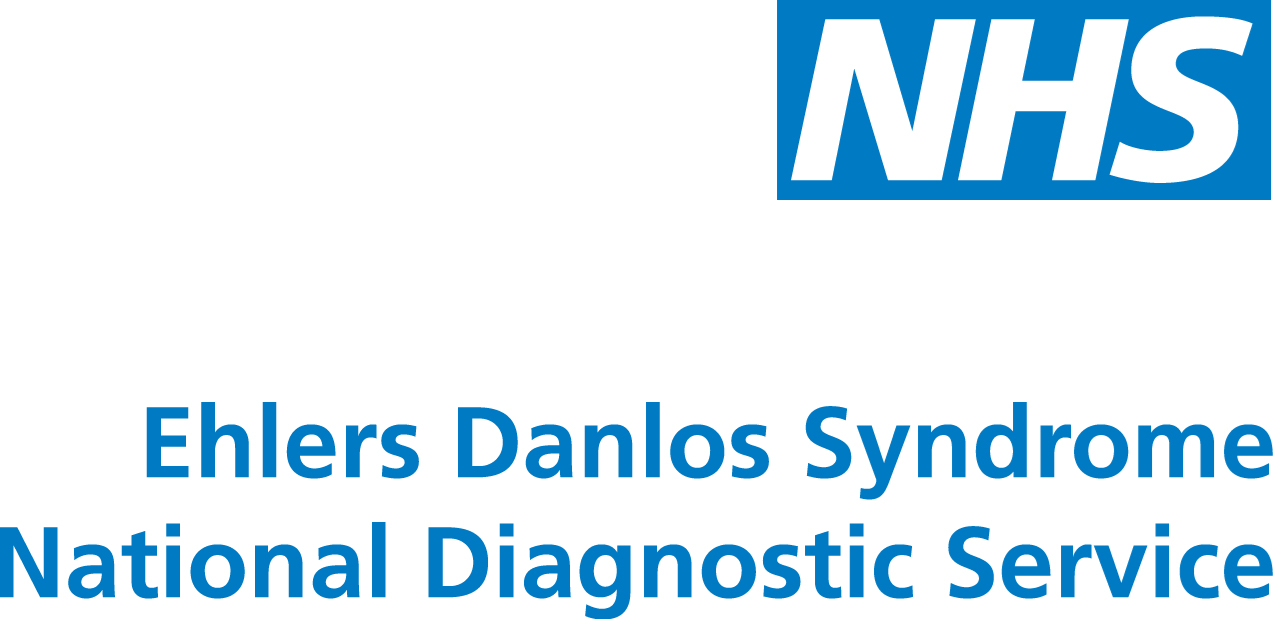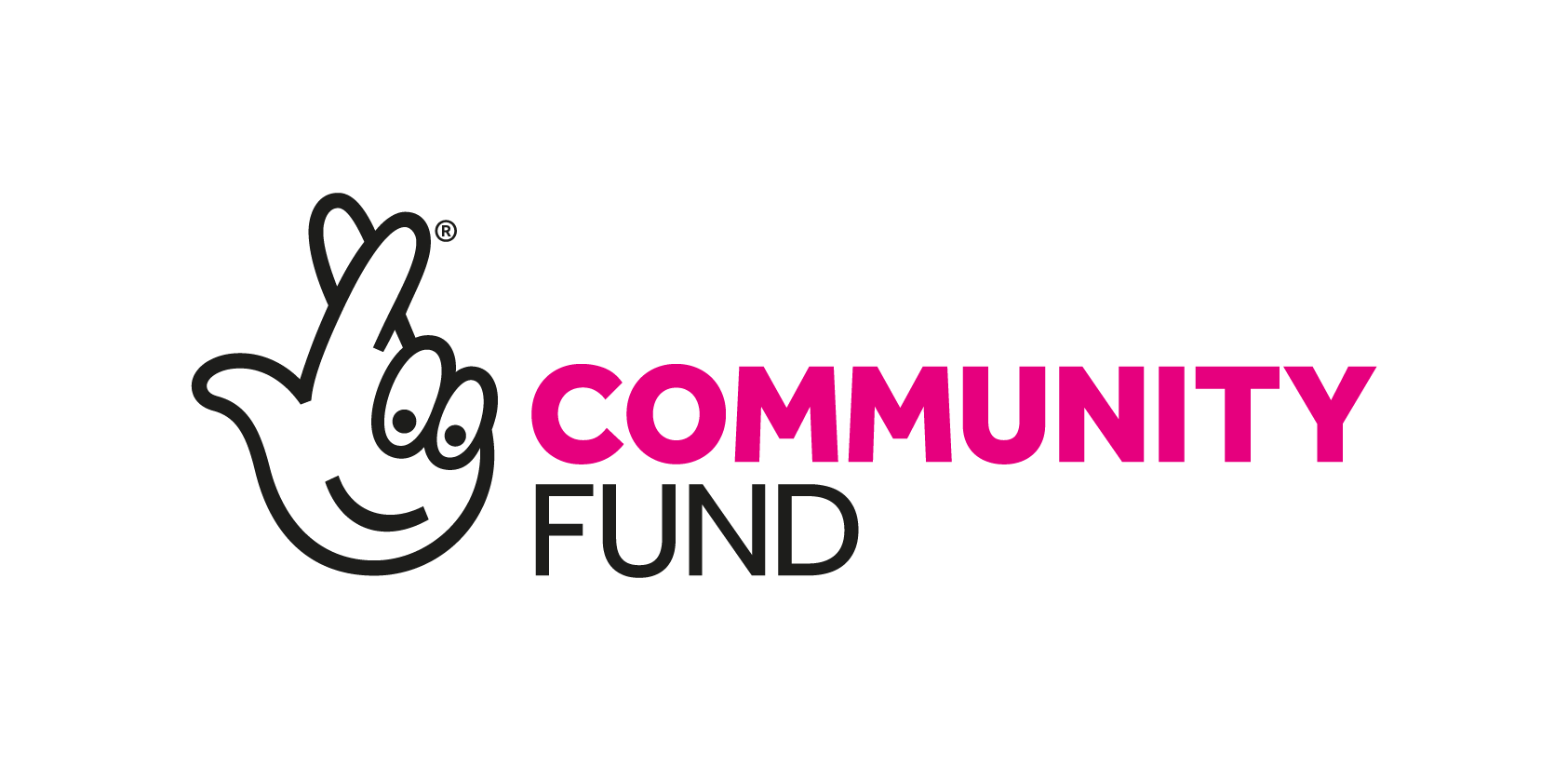VEDS Research: VUS
Elucidating functional significance of ‘Variants of Uncertain Significance’ by generating and characterising a zebrafish model for Vascular Ehlers-Danlos Syndrome.
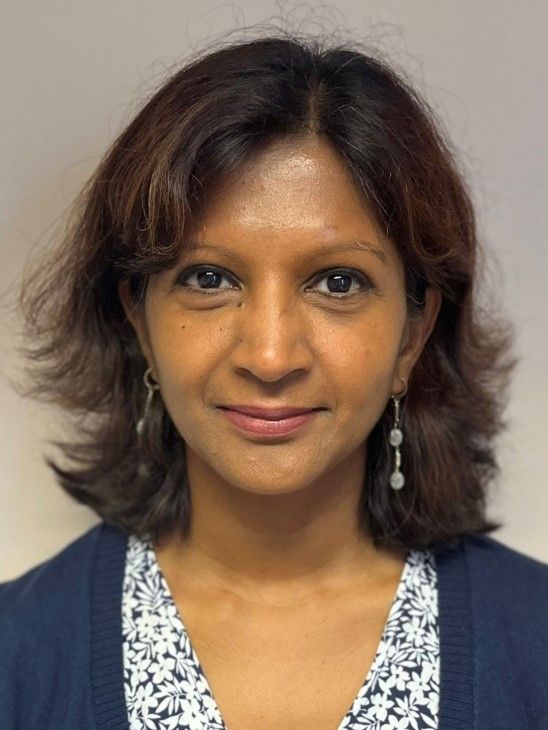

31 May 2024: Annabelle’s Challenge announces £50,000 grant for new scientific vEDS research project.
We're delighted to have reaffirmed our objective to enabling research in vascular EDS (vEDS) by awarding a £50,000.00 grant to a University of Sheffield research project ‘Elucidating functional significance of ‘Variants of Uncertain Significance’ by generating and characterising a zebrafish model for Vascular Ehlers-Danlos Syndrome.’
This project aims to investigate the genetic alterations found in patients with vascular Ehlers -Danlos syndrome (vEDS). These alterations are officially termed Variants of Uncertain Significance (VUS), as there is currently insufficient information regarding their likelihood of causing disease (pathogenic) or not.
Although the genetic heterogeneity present in Vascular Ehlers-Danlos Syndrome is well understood, the pathways linking genetic alterations and the various variants of uncertain significance to the disease phenotype remain obscure.
The primary objective is to identify and reclassify the VUS most prevalent in patients according to the criteria set forth by the Association for Clinical Genomic Science (ACGS) and the American College of Medical Genetics and Genomics (ACMG). VUS that remain significant will undergo functional studies using zebrafish, a small fish widely used in scientific research. Employing advanced techniques, the Balasubramanian group will edit the fish genome, generating a zebrafish model with mutations in the genes responsible for collagen production, like the patients with vEDS. Subsequently, they will analyse how close to vascular EDS this zebrafish model is so it provides a way into using zebrafish as a disease model to further clarify the significance of these VUS.
In addition to these functional studies, this animal model will also be suitable for drug screening and potentially for future gene therapy research.
The work is being overseen by Prof Meena Balasubramanian who is an academic clinical geneticist based in Sheffield. She has recently taken over the role of Clinical Director of Research at Sheffield Children’s Hospital.
This project was made possible thanks to donations received in memory of Rob Reyner.
Meena Balasubramanian, PI on this project said, “I am really grateful to Annabelle’s challenge for supporting this really exciting and worthwhile project on exploring VUS in vascular EDS which is a growing problem with advanced genetic testing and using zebrafish as a model to understand the underlying cause of vEDS.”
Jared Griffin, Founder & CEO “This is an exciting project and a turning point for the charity as we fund scientific research for vascular EDS. Variants of uncertain significance is a very important area of work and I am delighted this is now being researched through the University of Sheffield with Prof Balasubramanian leading the project.”



